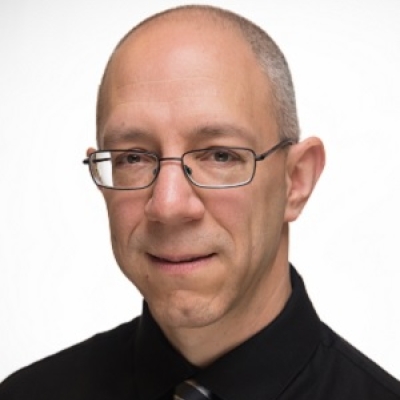NOTE: In honor of Teacher Appreciation Week, Fordham Ohio staffers will be blogging about teachers, principals, and guidance counselors who made a positive difference in their schooling and in their lives. This is the third post. The first post can be found here; the second can be found here; the fourth (which also celebrates National Charter Schools Week) can be found here.
As a sci-fi loving nerd growing up in the 70s and 80s, I felt somewhat invisible to classmates and teachers alike. I did well on my schoolwork and caused no trouble, allowing me to fly below most teachers’ radars. They rightfully spent more time with kids who sought their help to catch up and keep up. My small group of like-minded friends stuck together to ward off the bullies and the loneliness of being ignored by everyone else with whom we had little in common.
So you can imagine my surprise when my ninth grade English teacher decided to center a writing lesson on the nerdiest possible subject—the British time-travel TV series “Doctor Who.” It was 1982 and only a small sliver of American viewers were aware of it, mainly via local public broadcasting stations that aired it on weekday evenings or late on Saturday nights. It looked cheap, it sounded weird, and its arcane plots were the exclusive province of nerds like me.
But everyone in my English class had to watch it, discuss it, and answer questions about its plot structure; characterization; obscure vocabulary; and references to history, science, and literature. This was heaven for me, of course, but I didn’t take the time to realize what it really meant. My teacher, without saying so, knew and understood the dynamic in her class and developed her own curricular materials around this weird but oddly literate TV series. She recognized what would encourage the “under the radar” kids to work a bit harder and what might also serve to help all her students connect with each other. Those of us who loved this cheesy show had to look at it anew—as literature. Those students who were quick to dismiss any nerdy sci-fi were required to take a good look at it instead—to understand and discuss it as a text in the same way they did “The Crucible.” I doubt our teacher converted anyone or built any lasting bridges, but we were all speaking the same language for a few days. All while pursuing the goal of better reading, analysis, and writing skills in us all.
I can’t recall any of the other texts we analyzed in that class, but the “Doctor Who” assignment sticks with me for obvious reasons. Hopefully my former classmates have good memories of our teacher, as well. She was an exemplary educator whose efforts to engage all of her students in English language arts reached beyond the page, the screen, and the teenage maelstrom.
